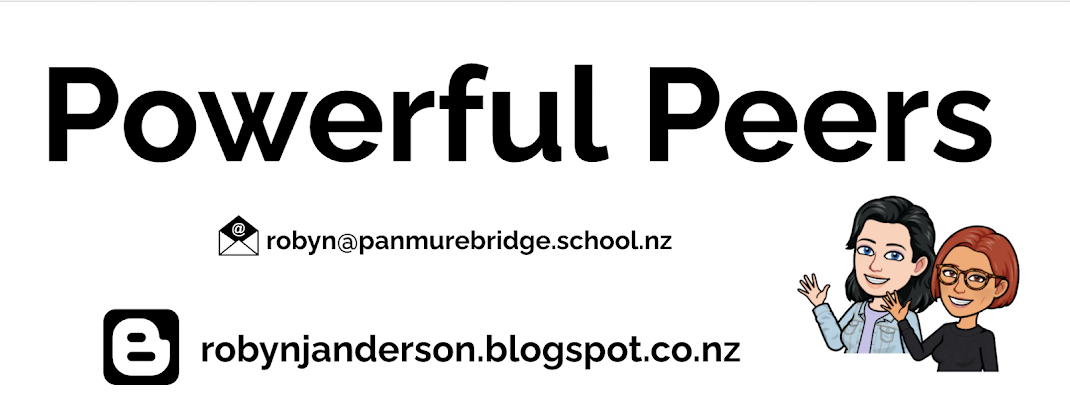This year Learning Space 2 (LS2) looks and sounds very different from the LS2 of 2016. Our new learners are much quieter, preferring to work independently and listen to the thinking of others, rather than collaborating and sharing their own thoughts and understandings. To be honest I have struggled with this as I’m not used to so many ‘passengers’ who are travelling alone. I’m used to an environment that is buzzing with ‘drivers’ of full cars negotiating their positions on our learning highway. I’m certain that hiding behind this ‘quiet’ is a plethora of conversation waiting to be unlocked and set free. The challenge for me as their teacher is to come up with ways to turn the keys in those locks so that my learners realise not only it is ok to be heard but it is also important to become a confident voice in LS2.
It is this observation that sparked my curiosity and has laid the foundations of my personal inquiry: How can I strengthen connections and accelerate shift in reading through dialogic discussion and multimodal approaches? Woolf Fisher identified that the way forward is to empower our priority learners by providing opportunities for them to talk about what they are learning. As I write this post I am thinking about my priority learners who seem unsure of when and/or how to talk about their learning. I know I need to develop a dialogic environment where learning conversations are the norm. I know these conversations are most powerful when students have a strong connection and a deep understanding of a topic. I know I need to make changes in my teaching to ensure these connections are made… the question I’m asking myself currently is “How will I do this?”.
Woolf Fisher’s feedback suggests that when thinking about accelerating shifts in Reading we need to go ‘wide and deep’. With the learning needs of my students in mind, my first ‘how’ is to provide my learners with access to multiple texts that are linked by theme or topic. My next ‘how’ is to ensure these texts scaffold prior knowledge, build and consolidate understanding, offer a contrasting opinion and strengthen connections.
Our current theme and topic ‘Wai Care… Why Care?’ links closely to our cluster-wide inquiry Te Taiao o Tamaki, however before I can expect strong connections to emerge through collaboration and dialogic discussion I need to take a few steps backward and think about ways to break down the walls of silence.



